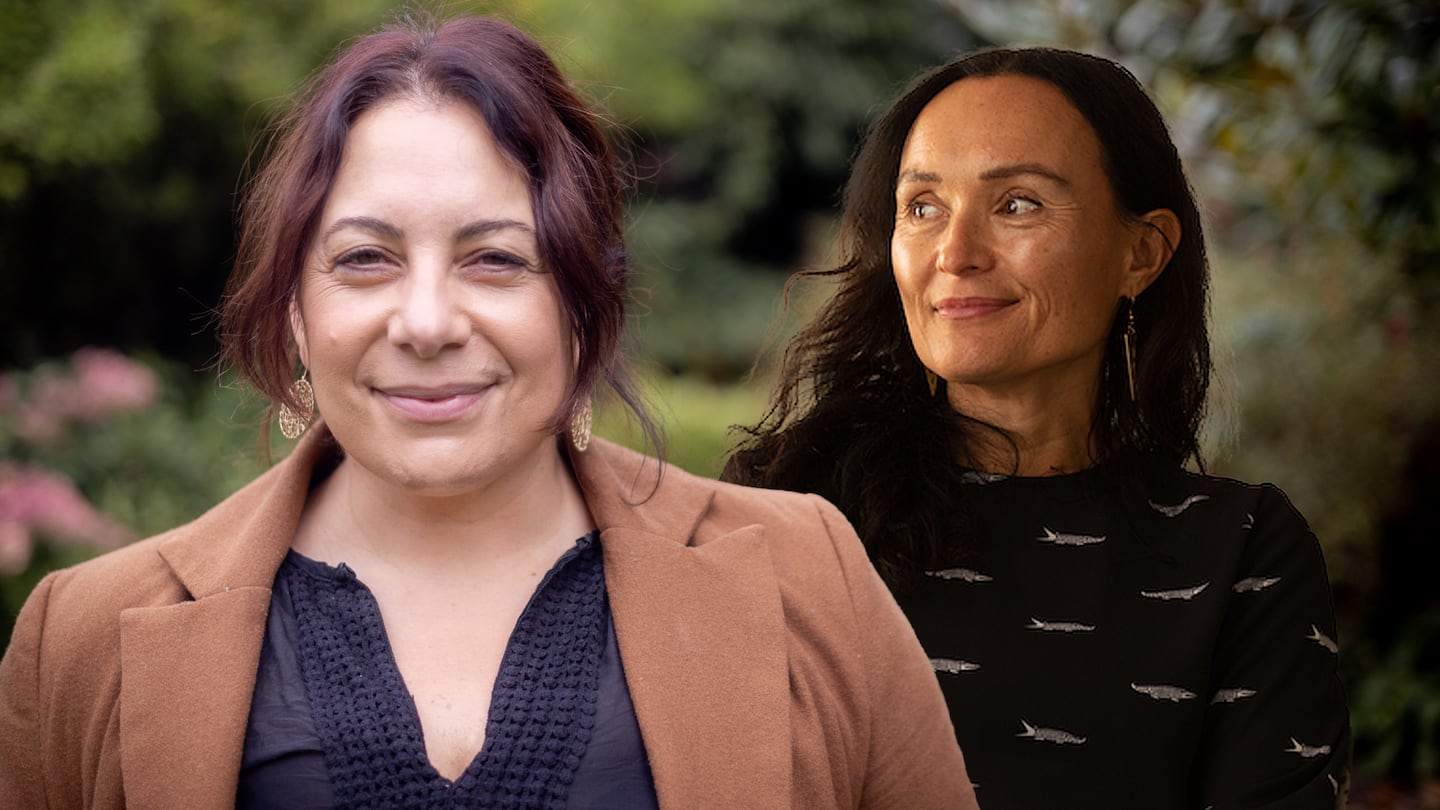A Māori research duo, University of Waikato Professor Tahu Kukutai and Lincoln University Professor Amanda Black have had their commentary on indigenous data sovereignty published by a prestigious international science journal.
Science, the journal published by the American Association for the Advancement of Science (AAAS), is notoriously tough to get articles accepted but in this case the researchers were shoulder-tapped by the journal.
Kukutai is a leading expert in Māori data governance.
“Being given this platform to talk about issues of significant importance to Indigenous researchers is a fantastic opportunity,” she said.
Using the draft genome of the little bush moa (Anomalopteryx didiformis) as an example, they make the case in their com mentary for non-human genomic data to be held in similar esteem to human genomic data.
The co-authors used the point that researchers recently recognised Māori as the kaitiaki of the little bush moa by entering the draft genome sequence data in the Aotearoa Genomic Data Repository (AGDR) but researchers then deposited the sequence in the open access GenBank as well.
“We chose this example because it illustrates just how difficult it can be for Indigenous peoples to have control over non-human genomic research data, even when the scientists involved have good intent,” Kukutai said.
In Indigenous world views, human relations with rivers, mountains, flora, and fauna are just as important as interpersonal connections owing to the intrinsic interconnectedness between all living and non-living entities.
— University of Waikato Professor Tahu Kukutai and Lincoln University Professor Amanda Black in their paper
Black said these entities connected Māori to one another and to their cultural identity
“Since they are part of us, it makes sense that human and non-human genome data from Indigenous sources should receive similar care.”
“Contrary to popular belief, Māori data sovereignty doesn’t mean data gets locked away,”
“Instead, it means that Māori retain responsibility (a responsibility that we take very seriously) for ensuring that our data is used in an ethical way that benefits everyone,” she said.



